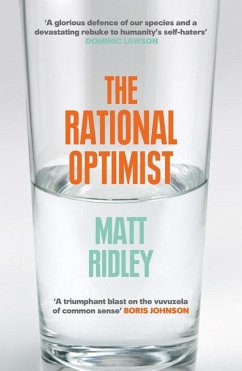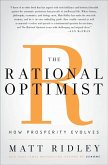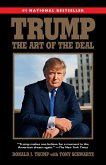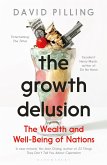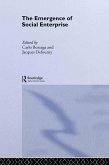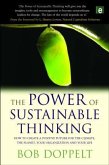Shortlisted for the BBC Samuel Johnson Prize for Non-fiction 2011.
Life is on the up.
We are wealthier, healthier, happier, kinder, cleaner, more peaceful, more equal and longer-lived than any previous generation. Thanks to the unique human habits of exchange and specialisation, our species has found innovative solutions to every obstacle it has faced so far.
In 'The Rational Optimist', acclaimed science writer Matt Ridley comprehensively refutes the doom-mongers of our time, and reaches back into the past to give a rational explanation for why we can - and will - overcome the challenges of the future, such as climate change and the population boom.
Bold and controversial, it is a brilliantly confident assertion that the 21st century will be the best for humankind yet.
Life is on the up.
We are wealthier, healthier, happier, kinder, cleaner, more peaceful, more equal and longer-lived than any previous generation. Thanks to the unique human habits of exchange and specialisation, our species has found innovative solutions to every obstacle it has faced so far.
In 'The Rational Optimist', acclaimed science writer Matt Ridley comprehensively refutes the doom-mongers of our time, and reaches back into the past to give a rational explanation for why we can - and will - overcome the challenges of the future, such as climate change and the population boom.
Bold and controversial, it is a brilliantly confident assertion that the 21st century will be the best for humankind yet.
'A triumphant blast on the vuvuzela of common sense' Boris Johnson
'A glorious defence of our species... a devastating rebuke to humanity's self-haters' Sunday Times
'No other book has argued with such brilliance against the automatic pessimism that prevails' Ian McEwan
'His theory is, in a way, the glorious offspring that would result if Charles Darwin's ideas were mated with those of Adam Smith' The Economist
'Original, clever and controversial' Guardian
'As a work of bold historical positivity it is to be welcomed. At every point cheerfulness keeps breaking through' The Times
'A glorious defence of our species... a devastating rebuke to humanity's self-haters' Sunday Times
'No other book has argued with such brilliance against the automatic pessimism that prevails' Ian McEwan
'His theory is, in a way, the glorious offspring that would result if Charles Darwin's ideas were mated with those of Adam Smith' The Economist
'Original, clever and controversial' Guardian
'As a work of bold historical positivity it is to be welcomed. At every point cheerfulness keeps breaking through' The Times

